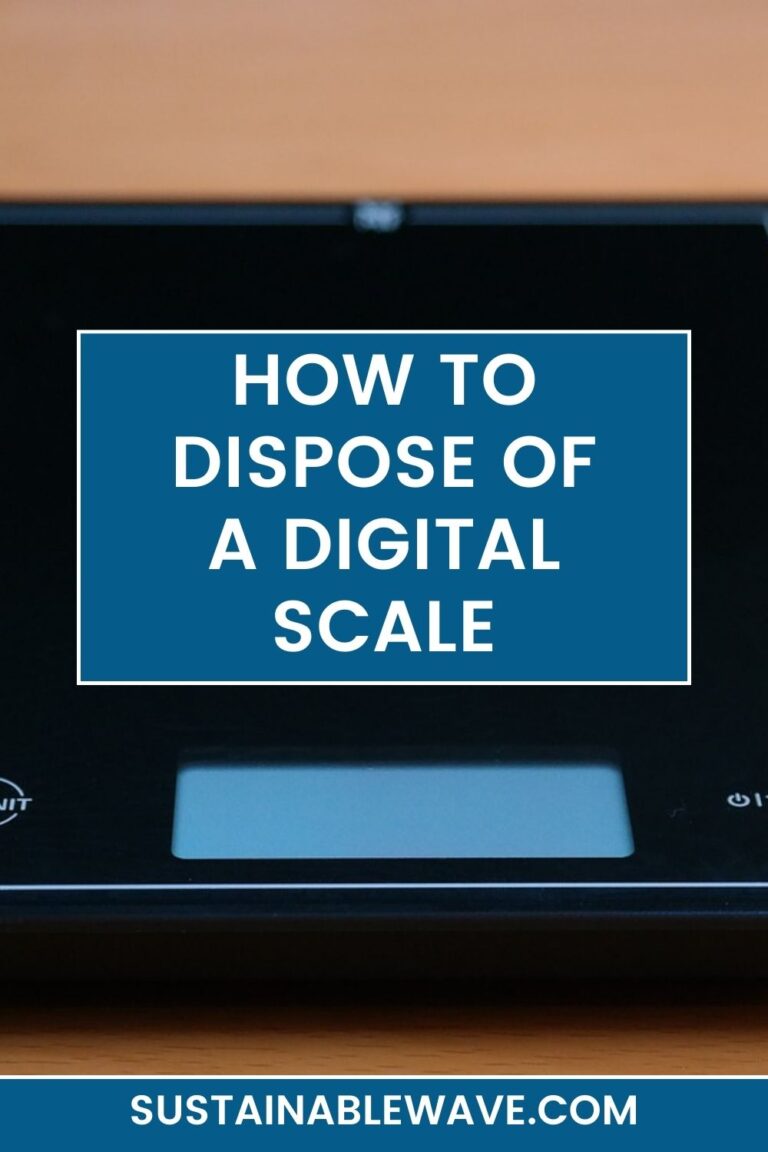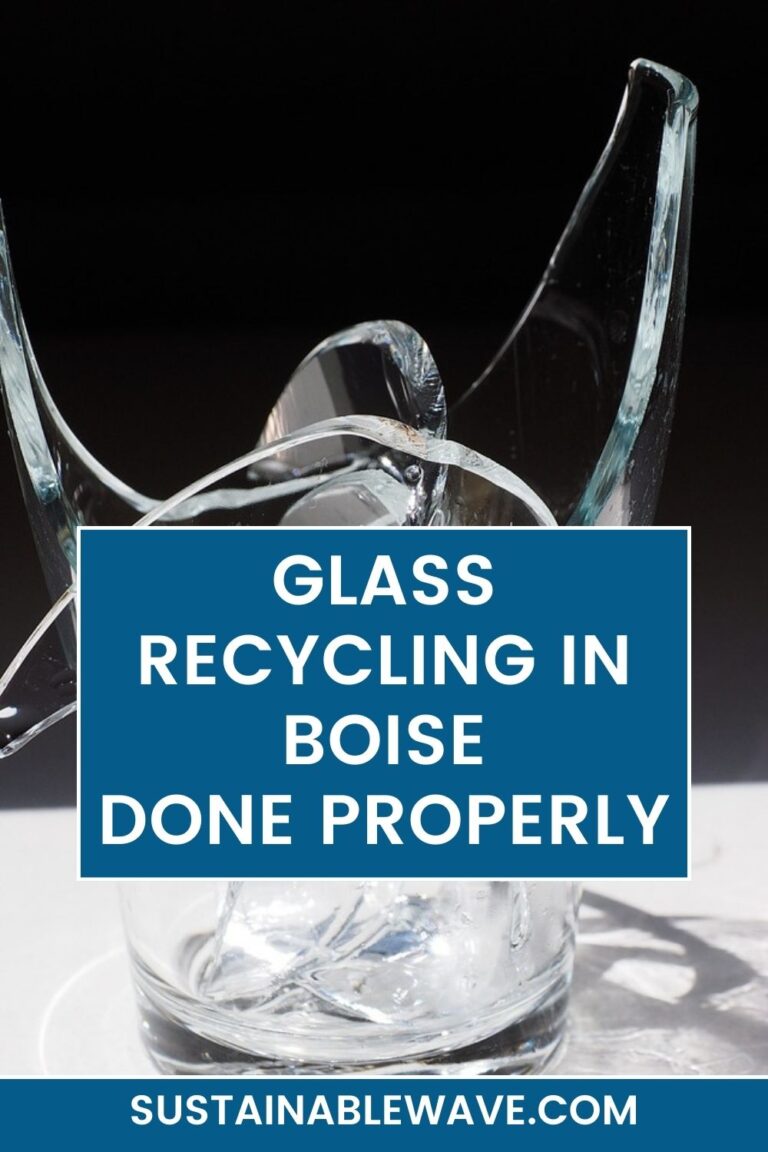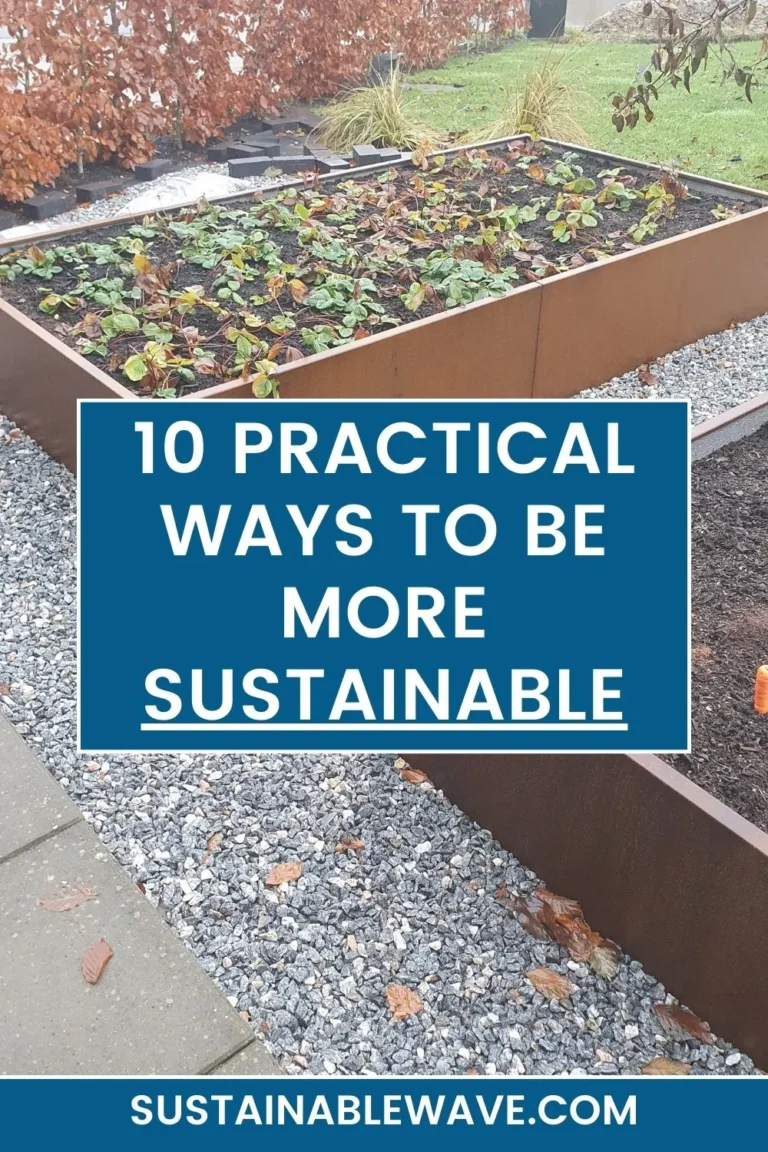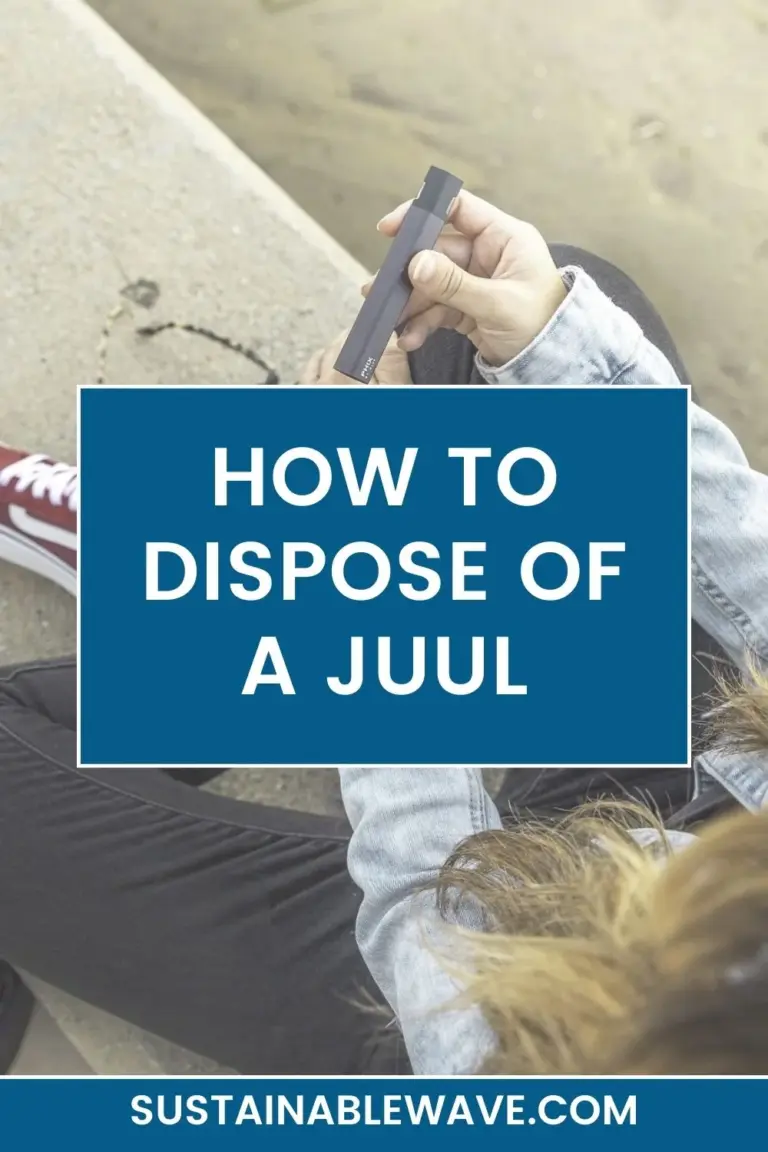The world of scouting is vast, with numerous badges that signify various achievements. The Sustainability Merit Badge stands out due to its emphasis on environmental responsibility.
Introduced as a commitment to creating environmentally conscious scouts, the Sustainability Merit Badge is more than just an emblem—it’s a statement. It is a scout’s promise to uphold the principles of sustainable living and to be a steward of the planet.
In scouting, this badge represents the union of tradition and modernity. While scouting has always promoted outdoor living and respect for nature, the Sustainability Merit Badge adds a contemporary layer, focusing on present-day environmental challenges.
Is The Sustainability Merit Badge Hard to Get?

While the Sustainability Merit Badge does demand dedication and a genuine interest in the environment, labeling it as ‘hard’ might be a misrepresentation. It’s more accurate to say that it’s profound, transformative, and incredibly rewarding.
For scouts who are passionate about making a difference, this badge is not only attainable but also an enlightening journey into a brighter, sustainable future.
Let’s take a closer look!
Common Misconceptions
When scouts and their mentors hear about the Sustainability Merit Badge, many are immediately daunted by the sheer importance of the word ‘sustainability.’ It’s easy to fall into the trap of thinking that something so globally significant might be out of reach for a young scout.
There’s a prevailing myth that this badge is one of the toughest to earn. However, this notion often stems from a lack of understanding rather than actual difficulty.
The Real Challenge
The genuine challenge of the Sustainability Merit Badge isn’t about its inherent difficulty, but rather the depth of commitment it demands. Unlike other badges that might require mastering a particular skill set, this one requires a mindset shift.
Scouts are not just learning facts or techniques but are tasked with understanding the broader implications of sustainability on our planet, our future, and our daily lives.
Practical Steps for Completion
To achieve this badge, a scout begins by delving into research on current environmental issues, helping them grasp the immediate need for sustainable actions. Following this, they must engage in hands-on community projects. This could be anything from initiating a community recycling program, tree planting drives, or even local water conservation campaigns.
The badge also mandates scouts to demonstrate sustainable habits in their daily lives, ensuring that they don’t just talk the talk but walk the walk.
Time and Commitment
Like any worthy endeavor, earning the Sustainability Merit Badge does require time and effort. While it’s not a race against the clock, scouts should be prepared to invest a few months, depending on their pace and the depth of their projects. However, the time frame is flexible, allowing scouts to truly immerse themselves in the learning process rather than rushing through requirements.
Mentorship and Guidance
One of the most significant assets for a scout on this journey is guidance. Leveraging the knowledge of mentors, troop leaders, and even local environmentalists can provide invaluable insights. These mentors can offer real-world examples, provide resources, and even help scouts network with local environmental groups, magnifying their impact.
Is The Sustainability Merit Badge Required?
In the world of scouting, not all merit badges are created equal. Some are elective, chosen based on a scout’s personal interests, while others are essential for rank advancement. The Sustainability Merit Badge sits at an interesting juncture in this context.
For those scouts aspiring to attain the esteemed rank of Eagle Scout, there’s a choice to make. They can opt for either the Environmental Science Merit Badge or the Sustainability Merit Badge. So, while it isn’t mandatory to earn the Sustainability Merit Badge specifically, one of these two badges is required for those aiming for the Eagle rank.
The introduction of the Sustainability Merit Badge and its positioning as an alternative to Environmental Science emphasizes the scouting movement’s recognition of modern-day environmental challenges. It showcases an evolving curriculum that remains pertinent and aligned with global concerns.
Ultimately, the decision to pursue the Sustainability Merit Badge comes down to personal preference. Some scouts may be more drawn to the immediate, hands-on approach of environmental science, while others may be more interested in the broader, future-focused view offered by sustainability.
Sustainability Merit Badge Requirements
Laying down the path to becoming a sustainability champion.
Initial Explorations
- Understanding Sustainability: Before delving deeper, scouts must first understand what sustainability truly means, exploring its economic, social, and environmental pillars.
- World’s Major Environmental Challenges: A look into pressing global concerns like climate change, ozone depletion, air and water pollution, and more.
Hands-On Activities
- Water: Scouts undertake activities to understand water usage, waste, and conservation, from household practices to community initiatives.
- Food: From understanding the food’s journey from farm to plate, scouts look into the environmental impact of dietary choices and food waste.
- Energy: Activities here involve understanding energy consumption, exploring renewable sources, and identifying energy-saving practices.
- Stuff: This focuses on the life cycle of products, emphasizing recycling, reusing, and reducing.
Advanced Exploration
- Close-Up on a Challenge: Scouts are required to pick one of the world’s major environmental challenges and dive deep, into understanding its causes, effects, and potential solutions.
- Community Service: A scout must participate in community service projects that link back to sustainability, driving positive change in their local community.
Daily Practices
- Sustainability Journal: For two weeks, scouts must maintain a journal documenting their daily sustainable practices, reflecting on their learnings and future commitments.
Wrap-Up
- Presentation: At the culmination, scouts must present their findings, experiences, and learnings to their troop, fostering a shared understanding of sustainability.
Earning the Sustainability Merit Badge is not just about ticking boxes but about internalizing the ethos of a sustainable life. The requirements are structured to ensure a scout not only gains theoretical knowledge but also puts it into practice, truly embodying the principles of sustainability.
Sustainability Merit Badge vs. Other Badges
Unveiling the distinct nature of the Sustainability Merit Badge in the vast ocean of scouting accolades.
Foundations and Focus
When it comes to scouting badges, each one is uniquely designed to impart a set of skills or knowledge. The Sustainability Merit Badge, as the name suggests, hones in on understanding and promoting sustainable practices. This laser-focused approach sets it apart from many other merit badges that might concentrate on practical skills like camping, swimming, or woodworking.
Modern-day Relevance
While all merit badges have their importance and relevance, the Sustainability Merit Badge has a direct link to contemporary global challenges. In an age where climate change, resource depletion, and environmental degradation are pressing concerns, this badge serves as a conduit to educate and empower scouts about these modern-day issues.
Practical vs. Philosophical
Many scouting badges are skill-based. For example, the Archery Merit Badge or the Cooking Merit Badge emphasizes mastering a specific skill set. In contrast, the Sustainability Merit Badge is both practical and philosophical. Scouts are equipped with tangible strategies to lead a sustainable lifestyle while also delving into the deeper ethos of why sustainability matters.
Depth of Engagement
While all badges require commitment, the Sustainability Merit Badge demands a profound level of engagement. It’s not merely about learning facts; it’s about internalizing a mindset and making lifestyle changes. This depth of involvement makes it distinct from badges with more straightforward, linear requirements.
Flexibility and Creativity
Some merit badges have clear-cut, defined tasks that scouts must complete. The Sustainability Merit Badge, on the other hand, offers some flexibility, allowing scouts to choose specific projects or areas of focus that resonate with them. This freedom fosters creativity and personal connection to the badge’s objectives.
Community Impact
While community service is a core tenet of scouting, the Sustainability Merit Badge integrates it seamlessly into its requirements. Scouts aren’t just learning; they’re making a palpable difference in their communities, which is not always a central component of every merit badge.
The Sustainability Merit Badge, while one among many in the scouting universe, holds a unique position. Its blend of practical knowledge, philosophical depth, and direct community impact makes it stand out.
While each badge has its value and teaches essential skills, the Sustainability Merit Badge is a testament to scouting’s adaptability and commitment to addressing the most pressing concerns of our time.
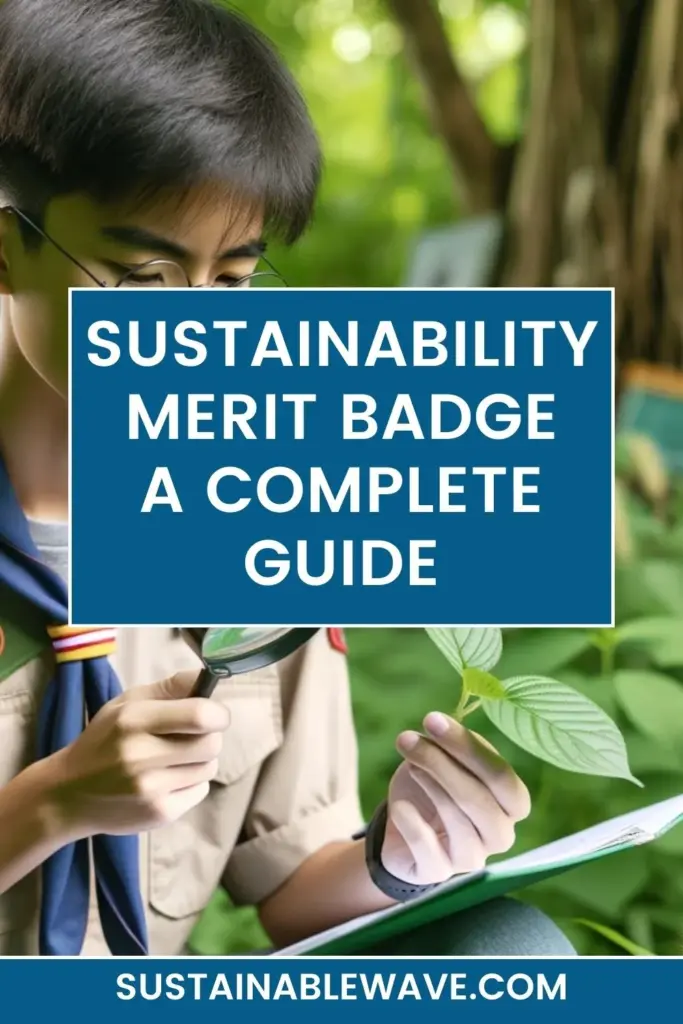
I’m Thomas, the owner of SustainableWave. Passionately promoting a sustainable planet. With experience in various eco-roles, I’ll share green tips, sustainability hacks, and personal eco-journeys on my blog.

